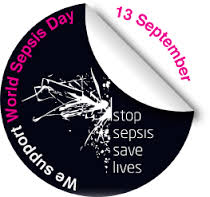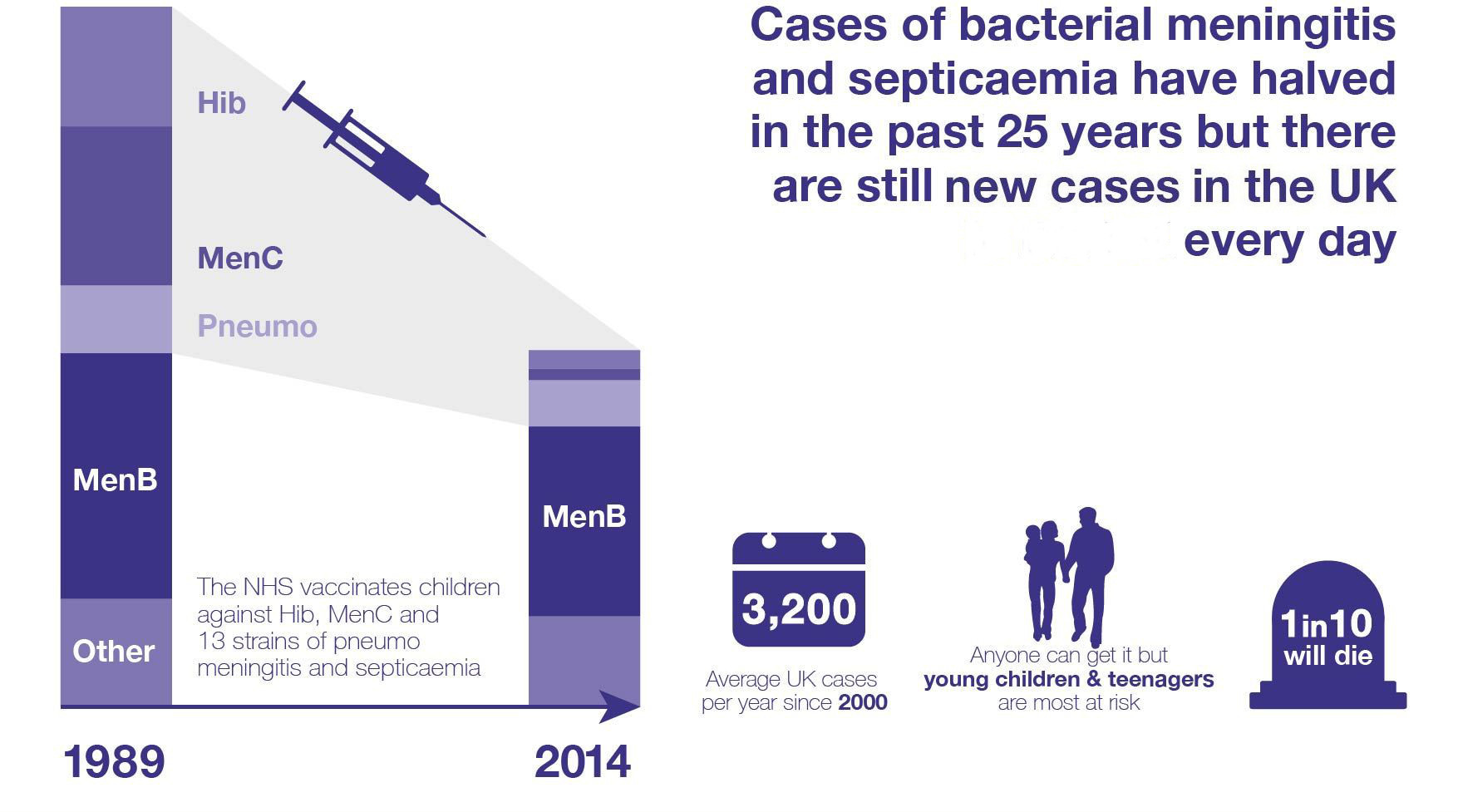“The figures are huge” says John Parker who is Leicester’s Hospitals Sepsis Lead Consultant , “every year in the UK there are 150,000 cases of Sepsis, resulting in a staggering 44,000 deaths – more than bowel, breast and prostate cancer combined. Unfortunately the initial signs are often ignored, an individual may say “I just felt like I had a bout of flu, stomach upset or chest infection” and so people don’t get any medical attention. Early diagnosis is essential, so we want to highlight the signs of Sepsis and raise its awareness.”
“It’s important to remember that sepsis is a medical emergency. Every minute and hour counts, especially since the infection can spread quickly. There’s no one symptom of sepsis, but rather it has a combination of symptoms.”
Sepsis is caused by the way the body responds to germs, such as bacteria, getting into your body. The infection may have started anywhere in a sufferer’s body, and may be only in one part of the body or it may be widespread. Sepsis can occur following chest or water infections, problems in the abdomen like burst ulcers, or simple skin injuries like cuts and bites.
“A lot of people will more readily know sepsis as septicaemia or blood poisoning and whilst diagnosis and treatment can be different for adult and children, the basic signs to look out for are:
S lurred speech
E xtreme shivering or muscle pain
P assing no urine (in a day)
S evere breathlessness
I feel like I might die
S kin mottled or discoloured
Amandeep Sadhra who has recovered from sepsis says “I was just going about my normal day, when I noticed a rash on my hand, I didn’t really take any notice of it as I suffer from eczema, but during the course of the day it got worse and was throbbing a lot. By the time I got home after work, I felt very tired and had no appetite. I decided to just take some paracetamol and go to bed. The next day I felt no better and didn’t want to get up and my hand had ballooned up like a boxing glove and I was starting to shiver, I felt like I was getting a fever. It was at this time my husband said we should go to the Emergency Department.
“I received scans, a blood test and was advised that as there was a lot of fluid on my hand that I would have to have an operation, but during the course of the night the doctor advised me that my blood pressure was dropping and the antibiotics were not working and I was going to be transferred to intensive care. The next day I was taken for my operation and woke up five or so days later after my procedure. I was then advised that I had been very ill after my operation, suffering from multiple organ failure, slight pneumonia and it was decided to continue my sedation. I was then advised that I had Sepsis.”
“It was a life-changing event, I had always been fit and healthy but after being discharged from hospital it has taken me several months to recuperate, go back to work, get back to normal. You never think something like this could happen to you, particularly from something so minimal like a skin rash to something life threatening.”
If you suspect sepsis, get medical attention immediately.


